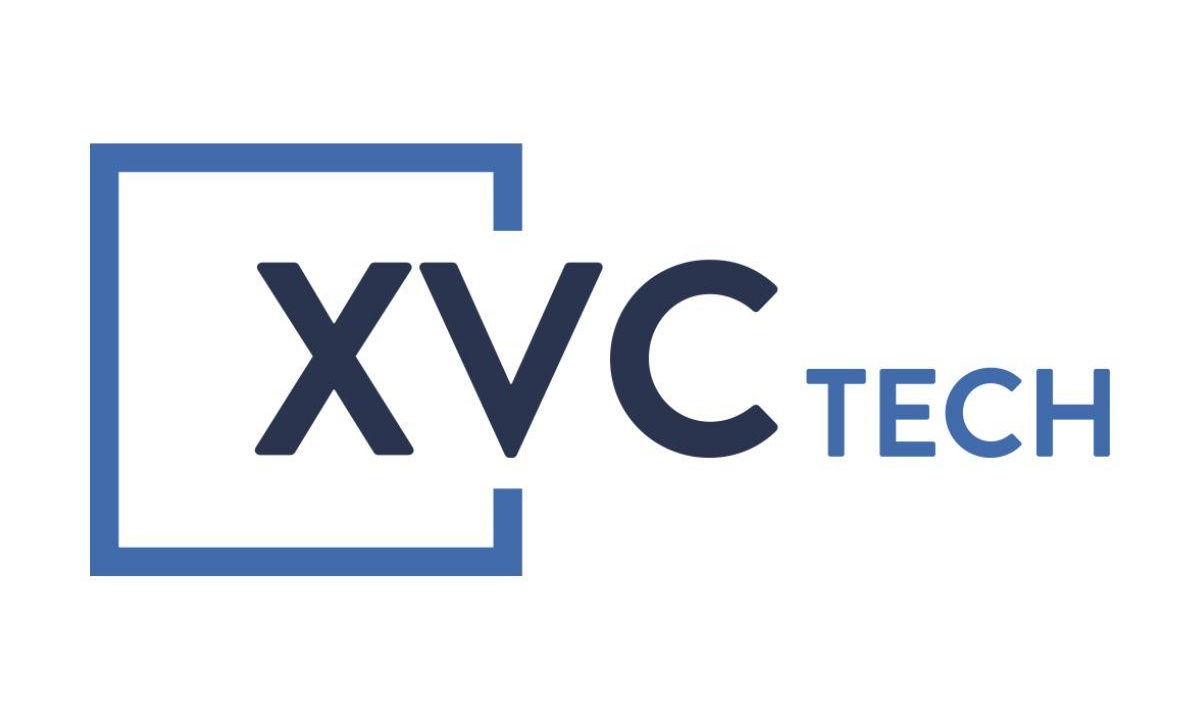Life in Venezuela is anything but. Last year, the South American nation of 32 million led the world with 652% inflation and this year the economic turmoil is even worse. As of September 2018, the annual inflation was estimated at 200,000% and International Monetary Fund (IMF) said it could spike to a mindboggling 1,000,000% by December. At that rate, it'd be a waste of time counting your cash. Venezuelans are seeking refuge in cryptocurrencies by making payments in Bitcoin (BTC), Dash (DASH) and other coins, and by converting whatever purchasing power their bolivars have left into tokenized assets. It's a desperate situation: Grocery shelves are empty resulting in painful stomachs and those bolivars won't buy anything at the fuel pump. Two million people have fled the country as President Nicolas Maduro doubles down on his insistence that businesses are to blame for the nation's woes. Last month, the socialist strongman ordered police to arrest 34 food-supply managers on charges of price gouging and hiding food — and thus jailing the very people upon whom his citizens depend on for food. But as capitalism teaches, there's value in reducing people's pain. Crypto operators are moving in as Venezuelans clamor for monetary solutions that Maduro's regime is ill-equipped to provide. CoinCola, an over-the-counter (OTC) crypto platform, recently began offering a Dash-bolivar pairing after seeing a surge in demand. "Dash represents a strong presence in Venezuela, Latin America, and the rest of the world," said CEO Allan Zhang in a recent statement by the Hong Kong-based company. "We are very selective in with which coins we list to our platform and we are proud to now offer Dash to Venezuelan users." Since 2016, Bitcoin (BTC) trading volumes have increased dramatically in inflationary economies such as Venezuela, Argentina, the Philippines and Turkey, to name a few. BTC volumes have averaged a 19% increase month-on-month and peaked in Venezuela in April when they reached more than $19.2 million, according to crypto research firm Diar. Cryptos are giving people who don't live in Western democracies access to new forms of money, which means they don't have to be stuck with sovereign fiats. That hasn't really been possible before. But thanks to smartphones and internet access, a person can carry an unlimited amount of digital funds on their device. "The very people who want or need to escape their local fiat currency cannot. Argentinians, Venezuelans, Iranians, Turks, etc. overwhelmingly do not have access to securitized gold that trades on regulated exchanges," says Multicoin Capital founder Kyle Samani in Oct. 9 blog. "Even if there was a local gold vault in each of those countries, citizens would be suspicious: In the event of political turmoil, the integrity of the vault could be compromised by insiders or the populace." CoinCola management thinks crypto diversification is key to increasing user adoption. That's because the Bitcoin network can be prone to slow transactions and high fees. Thus Venezuelans can be better served by having more monetary options from which to choose — so each consumer and investor can pick the digital asset that serves their payment or investing needs. "Dash users in [Venezuela] are continuously benefiting from a valid alternative to fiat currencies, and this partnership will bring them further into the global economy," said Dash Core Group CEO Ryan Taylor. But some observers suggest that restrictive rules might derail at least some of crypto adoption in dysfunctionally-managed economies. Dr. Kate Gillespie, business professor at University of Texas at Austin, told CryptoDaily "Venezuela is … extremely corrupt. It is better thought of now as a narco dictatorship." Maduro's government recently rolled out petro coin, an oil-backed cryptocurrency that is supposed to replace the worthless bolivar as sovereign currency. However, most economists predict the petro won't see anywhere close to wide adoption even as Venezuela's regulators try to force banks to use it. "If a cryptocurrency becomes too widely used in a country, it is likely the government will attempt to outlaw it or at least curb it in some way," says Gillespie. In Venezuela's case, it's plausible to assume that Maduro won't want anyone to compete with his coin.
Investment DisclaimerCryptos Gain Adoption Amid Venezuela's Economic Turmoil
Published
5 years ago on
October 09, 2018
The most revolutionary invention in modern finance is being celebrated this week by cryptocurrency fans for its 10th-year anniversary. “Bitcoin Art (r)evolution” is a crypto-art exhibition in Paris that lasts through the first week of October and it showcases Bitcoin (BTC) inspired artistry from contributors all …

Altcoins
April 19, 2024
BEFE Coin’s Price Trajectory: Unveiling the Potential for Growth

Altcoins
April 19, 2024
Is Bitgert Coin the New Cryptocurrency to Watch After Bitcoin Halving?

Spotlight
April 19, 2024





